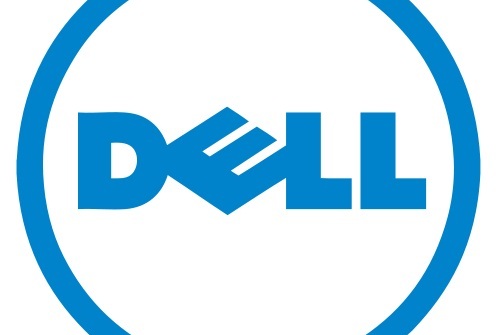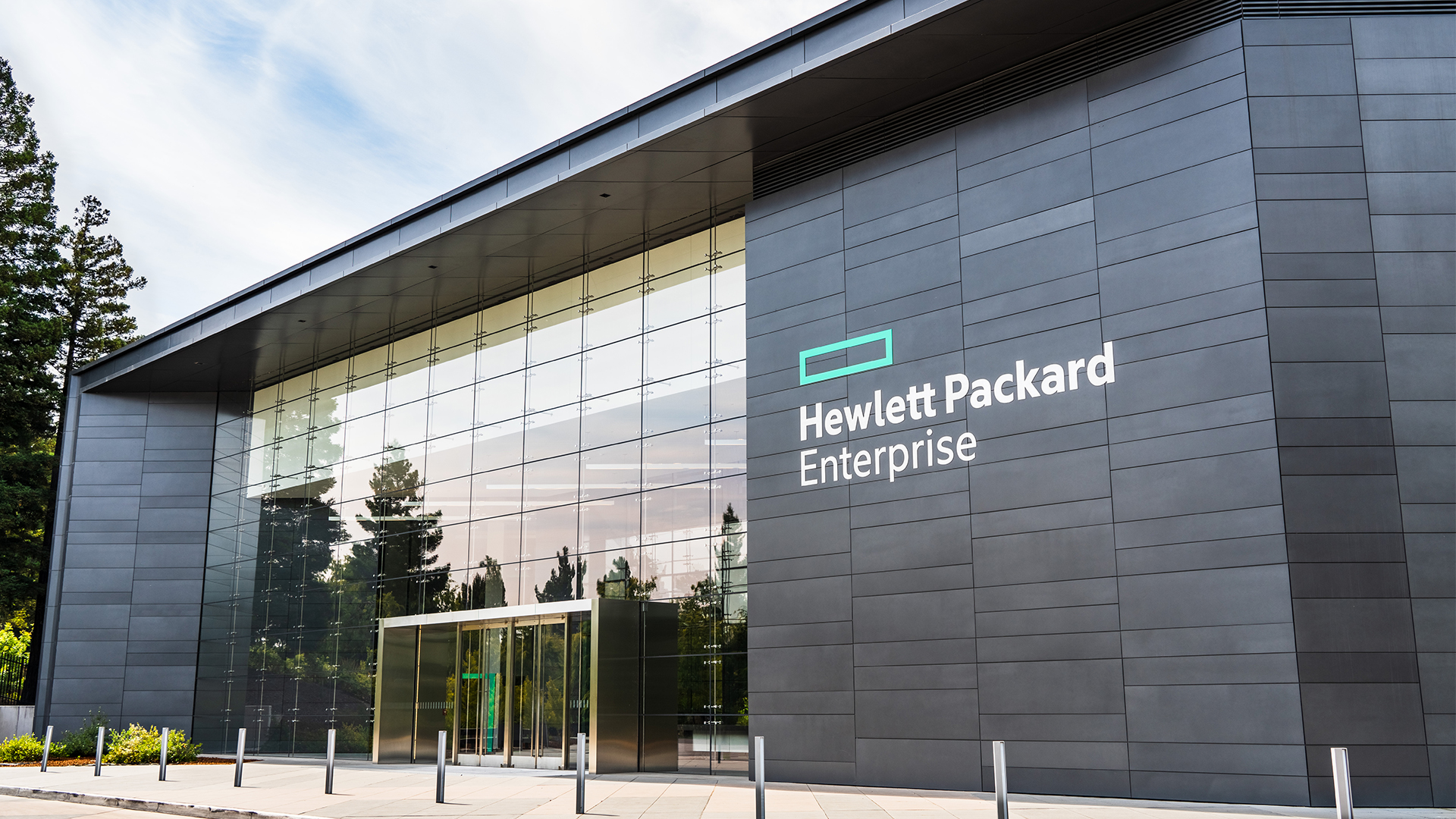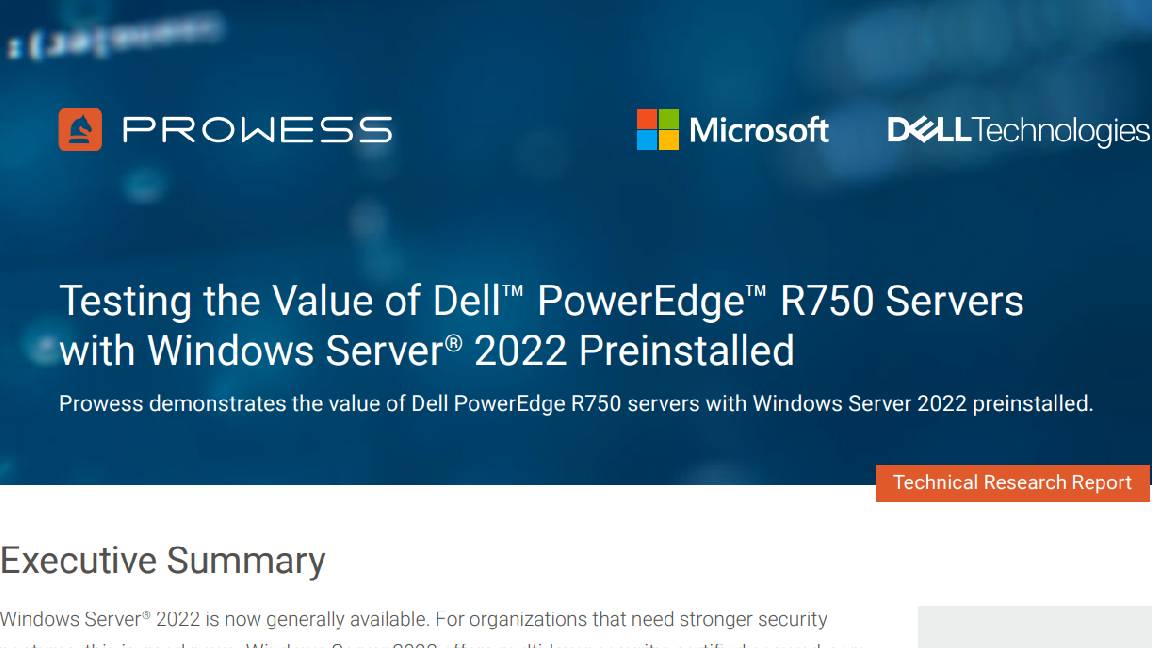Dell misses revenue expectations despite storage boost
Compellent may be a serious boon to Dell's profits, but the company's growth remains stunted by public sector and consumer weaknesses.


Dell has fallen short of revenue expectations in its fourth quarter, despite claiming some big gains in its business solutions and services divisions.
Revenue was up by two per cent for the company's fiscal fourth quarter 2012 to hit $16 billion, although that did not meet Wall Street predictions.
Compared to the fourth quarter in 2011, net profit slipped 18 per cent, from $927 million to $764 million.
I don't see (smartphones) as a top priority for us, either in the consumer or the overall business.
The company has shifted strategy over recent years, looking to become a bigger services player as it faces up to dwindling PC demand.
Financials had been improving, with solid results in February and August last year as the company sought to establish the "new Dell."
Yet fortune has not favoured Dell, with the Thai floods hitting its hardware supply chain as hard drive manufacturers in south east Asia struggle to get back on their feet.
Get the ITPro daily newsletter
Sign up today and you will receive a free copy of our Future Focus 2025 report - the leading guidance on AI, cybersecurity and other IT challenges as per 700+ senior executives
The turbulent economic climate has also caused Michael Dell and co trouble, as public sector spending has shrunk.
Revenue from public bodies decline one per cent, whilst consumer revenue dropped two per cent.
President for Dell in EMEA Aongus Hegarty told IT Pro the company still considered the consumer sphere important, although it was not as much of a focus as enterprise.
In particular, Hegarty said smartphones would not be a major priority at Dell.
"I don't see [smartphones] as a top priority for us, either in the consumer or the overall business. Our greater priorities are in the PC on the client side and notebooks, and tablets later this year," Hegarty said.
"With smartphones, we will continue to have products in that area so that we can provide the full range of devices.
"Our priority focus is around our enterprise business in solutions and services, but consumer is also important. As we see a trend of more consumerisation into commercial businesses we think it is quite important that we have a strong healthy business there that we invest and develop."
Hegarty also pointed to Ultrabooks as a key market for Dell in the future as it looks to reassert itself in the PC market, where it has lost ground to the likes of Lenovo in recent months.
Highlights
Notable successes for Dell came from its datacentre products as it looks to provide for the whole stack, with storage proving the biggest hit.
Since Dell bought Compellent, after missing out on 3PAR to HP, storage revenues have shot up. The company also ended its storage partnership with EMC last year as it sought to bolster its own IP.
In the fourth quarter, Dell saw its storage division grow 33 per cent, whilst Compellent had sequential growth of over 60 per cent.
"This is, clearly for us, highlighting clear customer needs in those areas and we're pleased we've invested in Compellent, Equallogic and Dell IP in these areas," Hegarty added.
He promised announcements in storage and servers in the next quarter, but would not be drawn into talking about any flash strategy in either of those two departments. The company has talked up flash, but has not made as big a splash as companies such as EMC have.
The company's transition to more of a services-oriented beast is paying off, even if results have been hampered by dabbling in the consumer space.
Dell Services grew to represent 14 per cent of Dell's business in the fourth quarter, whilst server and networking revenue grew six per cent.
As for the next quarter, Dell expects revenue to decline approximately seven per cent sequentially, "which aligns with normal seasonality adjusted for the fourteenth week," it claimed.
Tom Brewster is currently an associate editor at Forbes and an award-winning journalist who covers cyber security, surveillance, and privacy. Starting his career at ITPro as a staff writer and working up to a senior staff writer role, Tom has been covering the tech industry for more than ten years and is considered one of the leading journalists in his specialism.
He is a proud alum of the University of Sheffield where he secured an undergraduate degree in English Literature before undertaking a certification from General Assembly in web development.
-
 Bigger salaries, more burnout: Is the CISO role in crisis?
Bigger salaries, more burnout: Is the CISO role in crisis?In-depth CISOs are more stressed than ever before – but why is this and what can be done?
By Kate O'Flaherty Published
-
 Cheap cyber crime kits can be bought on the dark web for less than $25
Cheap cyber crime kits can be bought on the dark web for less than $25News Research from NordVPN shows phishing kits are now widely available on the dark web and via messaging apps like Telegram, and are often selling for less than $25.
By Emma Woollacott Published
-
 HPE eyes enterprise data sovereignty gains with Aruba Networking Central expansion
HPE eyes enterprise data sovereignty gains with Aruba Networking Central expansionNews HPE has announced a sweeping expansion of its Aruba Networking Central platform, offering users a raft of new features focused on driving security and data sovereignty.
By Ross Kelly Published
-
 Extreme Networks targets simplicity with Platform ONE for MSPs
Extreme Networks targets simplicity with Platform ONE for MSPsNews Extreme Networks has announced a new program for MSPs which includes access to its Extreme Platform ONE to address cost challenges.
By Daniel Todd Published
-
 Zyxel Networks targets cloud networking growth with new partner program
Zyxel Networks targets cloud networking growth with new partner programNews The revamped initiative places an increased focus on the firm’s Nebula cloud platform
By Daniel Todd Published
-
 Equinix and Dell Technologies want to transform AI infrastructure
Equinix and Dell Technologies want to transform AI infrastructureNews Dell AI Factory technology will be integrated into the Equinix global network of data centers
By Emma Woollacott Published
-
 The Total Economic Impact™ of the Intel vPro® platform as an endpoint standard
The Total Economic Impact™ of the Intel vPro® platform as an endpoint standardwhitepaper Protection across AI attack vectors
By ITPro Published
-
 Testing the Value of Dell™ PowerEdge™ R750 Servers with Windows Server® 2022 Preinstalled
Testing the Value of Dell™ PowerEdge™ R750 Servers with Windows Server® 2022 Preinstalledwhitepaper Protection across AI attack vectors
By ITPro Published
-
 Discover the six superpowers of Dell PowerEdge servers
Discover the six superpowers of Dell PowerEdge serverswhitepaper Transforming your data center into a generator for hero-sized innovations and ideas.
By ITPro Published
-
 AI enablement and built-in security are must-have features on modern storage environments
AI enablement and built-in security are must-have features on modern storage environmentswhitepaper Modernize storage infrastructure to serve future application demands
By ITPro Published